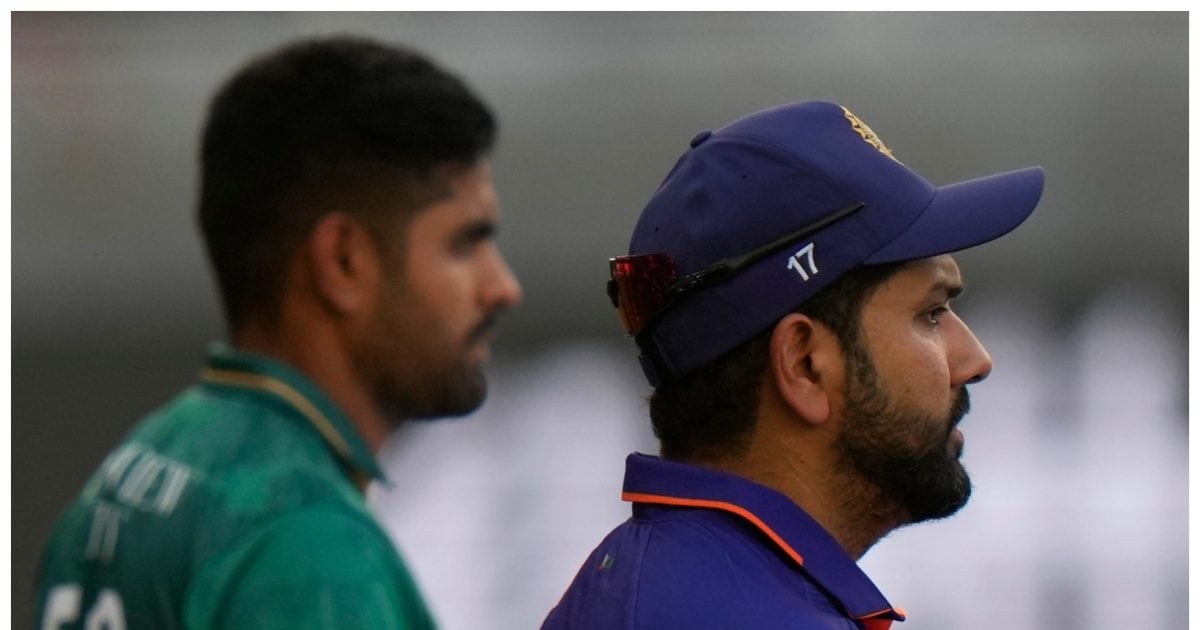What was the initial provision of reservation?
The Constitution, when first enacted, contained provisions for reservation in political institutions and public employment for people belonging to the Scheduled Castes and Scheduled Tribes. Article 16 of the Constitution allows states to reserve appointments in state services for 'any backward class of citizens which is not adequately represented'. This was initially known as 'Draft Article 10'. At the time, members of the Constituent Assembly debated it on November 30, 1948. There was controversy over the phrase 'no backward classes' in the draft version (and eventually the final version). Many members believed that this phrase was too vague as the term 'backward class' was not defined anywhere else in the Constitution.
What were the views of the members of the Constituent Assembly?
The Indian Express reports that one of the first Dalit lawyers in the country, Chandrika Ram and Dharam Prakash of the Congress, had advocated for the explicit inclusion of the term in place of (or in addition to) Scheduled Caste. The term 'backward class' to clarify which group of people can avail the benefits of reservation. On the other hand, members like Loknath Mishra and Damodar Swaroop Seth, who were also part of the Congress, had demanded the removal of reservation given to backward classes. While addressing the Assembly, Mishra had said that everyone has the right to employment, food, clothing, shelter and all those things, but it cannot be a fundamental right for any citizen to claim a share in the state's employment. Should be based on merit. This can never be a fundamental right.
What was BR Ambedkar's opinion?
According to the report, in the debate on the term 'backward', Dr Bhimrao Ambedkar held that it was a 'general principle'. However, to ensure that equality of opportunity was provided to all citizens in terms of public employment, he argued that the term 'backward' was a necessary qualification to ensure that reservation provided to oppressed communities should be 'no exception' and it should not completely abolish the right to equality of opportunity. As far as what constitutes a backward community is concerned, he said that it would be decided by each local or state government.
What was Nehru's view on reservation?
Although Nehru did not contribute to the debate in the Constituent Assembly on articles related to reservation, after becoming PM he wrote a letter to the Chief Ministers in June 1961, in which he stressed the need to empower the backward classes. By providing groups access to good education, and not by reserving jobs on the basis of caste and creed. He had written, 'It is true that we are bound by certain rules and traditions regarding help to SCs and STs. They deserve help, but still, I dislike any kind of reservation, especially in service… The only real way to help a backward group is to provide opportunities for good education. This also includes technical education, which is becoming increasingly important. Everything else is some kind of crutch provision that does not add to the strength or health of the body. In the letter, he had further said that reservation on communal and caste basis 'destroys talented and capable people while the society remains second class or third class.' He had said that I was saddened to know how far the issue of reservation has progressed on the basis of communal ideas.
What does the Constitution say regarding quotas in legislatures?
According to the report, the Constitution introduced reservation for SCs and STs in the Lok Sabha and state assemblies under Articles 330 and 332 respectively. Some members of the Constituent Assembly, including Brajeshwar Prasad and HJ Khandekar, argued that reservation was not right. It is an inadequate measure and will not lead to any progress of the oppressed communities. Prasad believed that nominal representation of SCs and STs will not lead to economic and educational upliftment, saying that whatever leaders get elected will 'make a terrible hue and cry but nothing substantial will be achieved.' Objections were also raised over the 10-year time limit for reservation under Article 334 (draft Article 295-A). Initially under the Constitution, the provisions for reservation in the Lok Sabha and assemblies were to expire after 10 years. A large section of members expressed doubts that any quality could be achieved in such a short time. For example, independent member and tribal rights activist Jaipal Singh said, 'I am sorry that it is only ten years, because I believe that India is not going to be a paradise, that everybody is not going to graduate in ten years or that everybody will become politically educated.
What is the current status of the provision?
Despite heated debate in the Constituent Assembly, these articles were ultimately adopted with some changes. However, Article 334 has been the subject of several constitutional amendments. Here the 10 year limit is extended for additional 10 years each time. Recently, in 2020, following the Constitution (104th) Amendment Act, the deadline for SC and ST reservation in legislatures was extended to 2030. These repeated extensions are now the subject of a challenge pending before the Constitution bench of the Supreme Court.
PressNews24 provides latest news, bollywood news, breaking news hollywood, top tech news, business standard news, indian economy news, world economy news, travel news, mumbai news, latest news mumbai loksabha election 2024, video viral news, delhi news, Only at PressNews24.in






